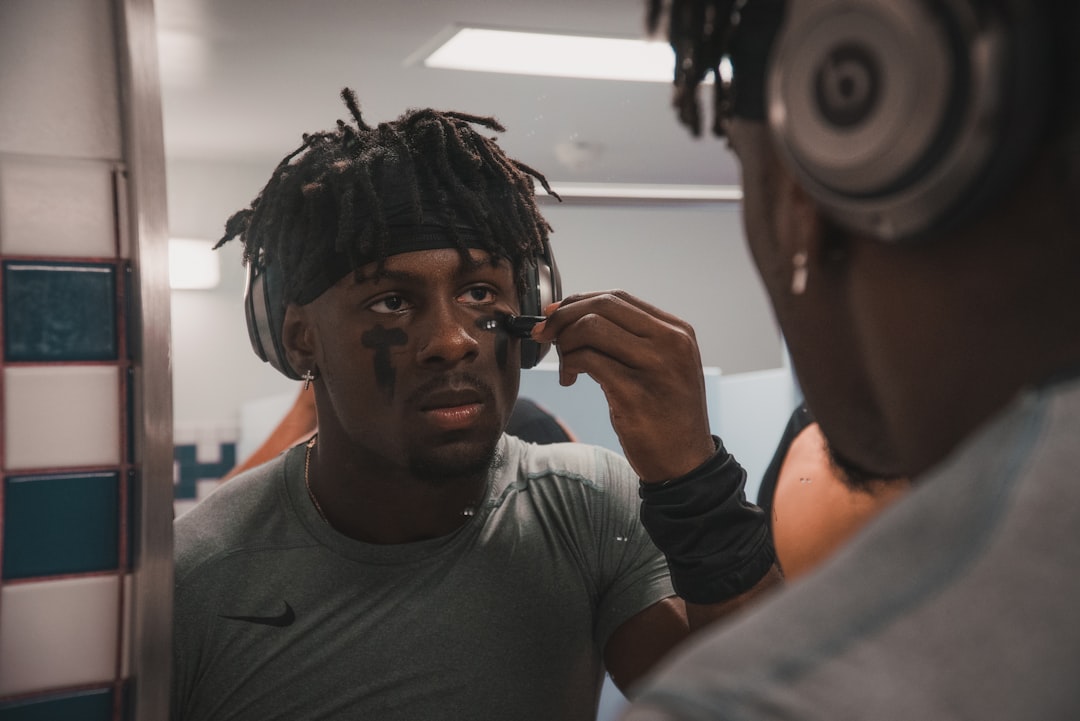
Upon the passing of one of the more influential, yet very distant, men in my life—Tim Keller—I went back to reflect on some of my favorite works of his. However, the most radical writing that shaped my teaching and coaching career was The Freedom of Self-Forgetfulness. In this very short book, Keller confronts many of the modern-day issues plaguing our society, especially regarding mental health and how we perceive ourselves.
But the portion of Keller’s book that challenged and encouraged me was his assessment of the human ego. He assesses “four things about the natural condition of the human ego: that it is empty, painful, busy and fragile.”
On emptiness, Keller notes that the human ego is searching for something that will give it a sense of worth, “a sense of specialness and a sense of purpose and builds itself on that.”
As a coach, I can attest that I put too much of my self-worth into teenagers’ work ethic and achievements. I often base my performance on the performance of adolescence whose bodies and brains have yet to fully develop and think that when they achieve something, I’ve accomplished something. Whether they are successful, I’m left empty, searching for the next best athlete or season. It’s all very painful, which is Keller’s second observation.
The human ego is painful. Keller compares it to the human body:
“Have you ever thought about the fact that you do not notice your body until there is something wrong with it? When we are walking around, we are not usually thinking how fantastic our toes are feeling. Or how brilliantly our elbows are working today. We would only think like that if there had previously been something wrong with them. That is because the parts of our body only draw attention to themselves if there is something wrong with them.”
Our ego hurts because something is wrong with it. It always draws attention to itself, making us think about how we are treated and how we look. “Our feelings can’t be hurt! It is the ego that hurts — my sense of self, my identity. Our feelings are fine! It is my ego that hurts.” And that’s the reason why we stay busy.
The third problem with ego is that it is incredibly busy. Keller notes that it is constantly comparing and boasting. Drawing inspiration from author C. S. Lewis in his book Mere Christianity, we see, “Pride gets no pleasure out of having something, only out of having more of it than the next person…it is the pleasure of being more than the next person.”
Our busyness is why many of us can’t consistently enjoy work or leisure. Our egos are constantly putting together a résumé. Keller writes we’re always “Doing jobs we have no pleasure in, doing diets we take no pleasure in. Doing all kinds of things, not for the pleasure of doing them, but because we are trying to put together an impressive curriculum vitae.”
And because we constantly need all these little things to keep our ego inflated, we can conclude that our ego is fragile. Again, Keller writes, “The person with the superiority complex is overinflated and in danger of being deflated; the person with an inferiority complex is deflated already.”
Some may say that the antidote to our ego problem is to set our standards, which could be a step in the right direction. However, we may still find ourselves in a trap once again. What happens when we let ourselves down—when we fail to meet our own standards?
The solution Keller finds in the Bible is to think of ourselves less. Even if you’re not religious, spiritual, or Christian, I believe we will all see that the removal of our self-esteem can be a helpful cure to our ego problem. The more we remove ourselves from the equation and center others; we can solve the crisis of our ego.
In the process, I hope we can all find joy in our work and leisure without the unnecessary burdens of comparison accompanied by ego problems.



